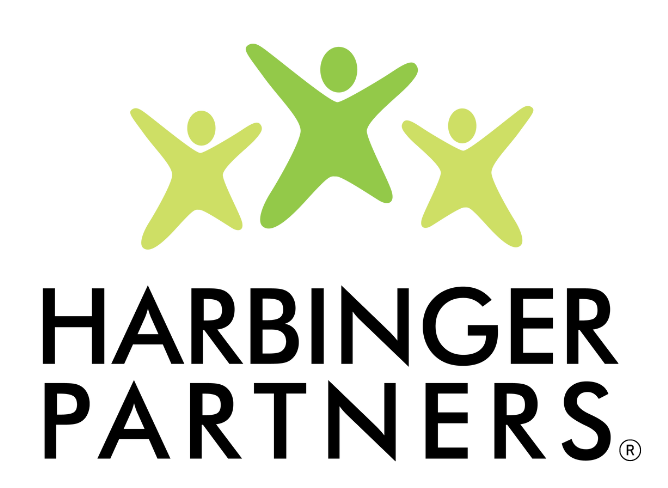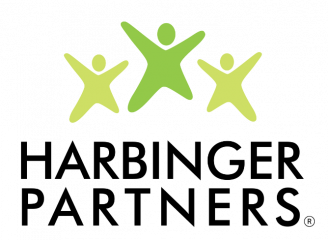
You Have an Interview. Now What?
You spent time researching, networking, and applying for the ideal position, and the hiring manager just called to set up an interview. Great news! You have one shot at making your best first impression. We’ve pulled together a few of our top tips to help you do just that.
Phone and Video and In-person, Oh, My!
Gone are the days of assuming interviews will be over the phone or in-person. Now, it’s just as likely your first introduction is over video. We have a few suggestions for each type of interview:
Phone:
- Pick a location to do the interview. Private rooms are ideal. Avoid public places to free yourself from unexpected distractions or background noise.
- Ensure you have great cell reception. You want to avoid the repeated “Can you hear me now?” questions.
- Consider standing during the interview or sitting at a desk. This will keep you alert and focused. Avoid sitting on a couch or recliner.
Video:
- Like the phone tip, selecting a private room is the best option. Keep in mind that the interviewers may ask you to show them the room.
- If you can, test out the software that will be used. You want to make sure your voice comes through clearly and the video works.
In-Person:
- Map your route to the location. If possible, drive it a day or two before the interview to ensure there is no surprise construction, you know where to go, and where to park. This will also give you a guide for how long it will take to get there. Then add extra time the day of the interview.
- Leave plenty early in case you hit traffic or any other delay.
You can always sit in your car and practice your own elevator pitch.
The Three Rs: Research, Rehearse, and Review
No matter the method of interview, you’ll want to be ready to answer any question they ask. We suggest that you:
- Do your research. Visit the company’s website and social media sites to learn more about it prior to the interview. Learn not only what it does, but “who” the company is and what is important to it. Look for the language of the company — phrases it uses to describe itself. If applicable, use this wording when answering questions during the interview.
- Rehearse answers to general questions. Prep your answers and practice answering them:
- Tell me a little about yourself.
- Where do you see yourself in five years?
- Describe your greatest challenge.
- What is your greatest strength?
- What is your greatest weakness?
- Why should we hire you?
- Anticipate any concerns the interviewer may have about hiring you and formulate responses. Is there a gap in your work history? Are you missing a required skill? Be prepared to acknowledge that and explain it.
- Review the job description ahead of time. Relate the job requirements to your previous work experience and be ready to share the correlation between the two.
Dress for Success
Look sharp, as first impressions are important. You are selling yourself for the position.
- Dressing for interviews isn’t as easy as it once was. Business environments range from casual to fully formal. If you have a contact at the company, ask what the style of dress is. If not, dress for the position that you want, and make sure you feel comfortable and confident in it. Even if the interview is over the phone, dressing up will help you feel the part and boost your confidence.
- Whatever you decide to wear, it’s important to be comfortable.
- Get a second opinion if you can. (How do I look?) It’s easy to overlook a detail.
What to Bring
It’s important to be prepared and have what you need throughout the interview. We suggest bringing:
- A portfolio including paper and a pen. Make sure your portfolio is clean and organized. This is a representation of you.
- A few copies of your resume. Other client personnel who haven’t had time to review your resume may join the interview at the last minute.
- Questions. Have questions prepared. Or if a question comes to mind during the interview, write it down to ask later instead of interrupting. Remember that you are interviewing them as much as they are interviewing you.
- A reference list. You may not be asked for it, but it’s better to be prepared than not to be.
It’s Interview Time!
You’re ready – you’ve researched the company, practiced your responses, considered your career and how it applies to the job, are dressed professionally and comfortable, and you are set up and ready for the meeting. A few final tips:
- Try to eat before your interview. A growling stomach is not an appropriate response to an interviewer’s question.
- Be early. If you are meeting face-to-face, plan to arrive at least ten minutes early, this will give you enough time to check in with security. If the meeting is over the phone or video, be set up in a private room and ready to talk five minutes before the start time.
- Turn off your cell phone to avoid the distraction of dings, buzzes, and alarms, as well as the temptation to look at it.
- If you are meeting in-person, ensure that you have a photo ID. It may be needed to enter the office.
Whether you interview for new positions often or you haven’t in twenty years, following these tips will help you be prepared and make a good impression. If you have found yourself in need of a new opportunity, we encourage you to check out our latest career openings.



